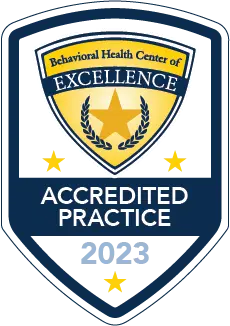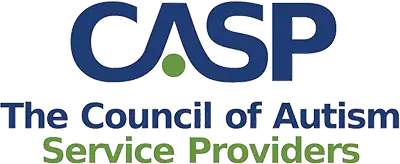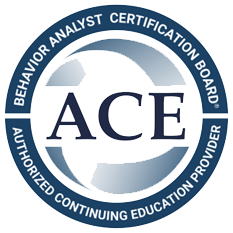Finding answers about your child’s developmental abilities is a journey that requires time and effort. This comprehensive guide will help you monitor your child’s development and understand the evaluation process from start to finish.
1. Monitoring Your Child’s Development and Early Intervention:
Monitoring your child’s development is crucial for identifying potential delays and accessing early intervention services. Start tracking your child’s progress at home from the first few months of life. The Centers for Disease Control and Prevention (CDC) offers the Milestone Tracker App, a valuable tool for caregivers. This app allows you to:
- Create a profile for your child.
- Answer age-appropriate questions to monitor development from birth to age six.
- Access activities to support your child’s growth.
- Generate comprehensive reports to share with your pediatrician.
- Connect with local free early intervention programs.
Early intervention can make a significant difference in your child’s developmental journey.
2. Seeking a Comprehensive Development Evaluation (CDE):
If you notice your child’s development isn’t progressing as expected, consult your pediatrician and request a referral for a Comprehensive Development Evaluation (CDE). This evaluation provides a medical diagnosis essential for accessing ABA therapy and other services. Unlike school-based assessments, a CDE offers a thorough medical diagnosis by professionals such as developmental pediatricians, neuropsychologists, licensed clinical psychologists, or licensed clinical social workers, depending on your state.
Steps to follow:
- Contact your insurance provider’s benefits department for a list of in-network providers.
- Check if a pediatrician’s referral is required.
- Inquire about the ASD evaluation process.
- Consider adding your child to the cancellation list to potentially shorten the waiting period.
3. Navigating the Evaluation Process:
The evaluation takes place in a professional office setting and typically requires one or two sessions to complete. It involves a combination of interview-style questions and observation sessions with the child. Each evaluator follows a specific process for conducting a comprehensive developmental evaluation (CDE) and utilizes clinical guidelines and assessment tools to assess the child’s abilities. Common assessment tools used in the evaluation process include the Child Autism Rating Scale (CARS), the Autism Diagnostic Observation Schedule (ADOS), the Gilliam Autism Rating Scale-2nd Edition (GARS-2), Autism Detection in Early Childhood (ADEC), and the Autism Diagnostic Interview-Revised (ADI-R). Evaluators may employ multiple tools, some of which are tailored to the child’s age for more precise evaluation.
4. The Comprehensive Report:
Upon completion of the evaluation, the evaluator prepares a thorough report encompassing various aspects. This comprehensive report contains essential information regarding the child’s general health, medical background, the underlying reason for the referral, as well as social and behavioral concerns. In addition to these key details, the report should include the following specific information:
- Child’s date of birth
- Age of the child at the time of evaluation
- Credentials and qualifications of the evaluators involved in the assessment process
The full comprehensive report should be anywhere from five to 25 pages and can include graphs, guidelines, clinical diagnostic codes, and recommendations. Recommendations can include Applied Behavioral Analysis (ABA), Speech Therapy, Occupational Therapy, recreational activities, etc. These recommendations are made based on the child’s needs and what the evaluator feels would most benefit the child’s learning and development.
Understanding the autism evaluation process equips you to better support your child’s journey. Early intervention, accurate evaluation, and targeted therapies enable children with ASD to thrive and reach their full potential. Stay informed, find the right providers, and offer the necessary support to empower your child on their unique developmental path. Cultivate Behavioral Health & Education is here to assist with your ABA therapy needs, dedicated to providing collaborative care. To learn more, contact our team, at (855) 444-5664.
Checkout our Blog page for more informative resources like Understanding the Facts and Benefits of ABA Therapy, The Power of “Pairing” in ABA Therapy, and 3 Phases of the Insurance Authorization Process.







